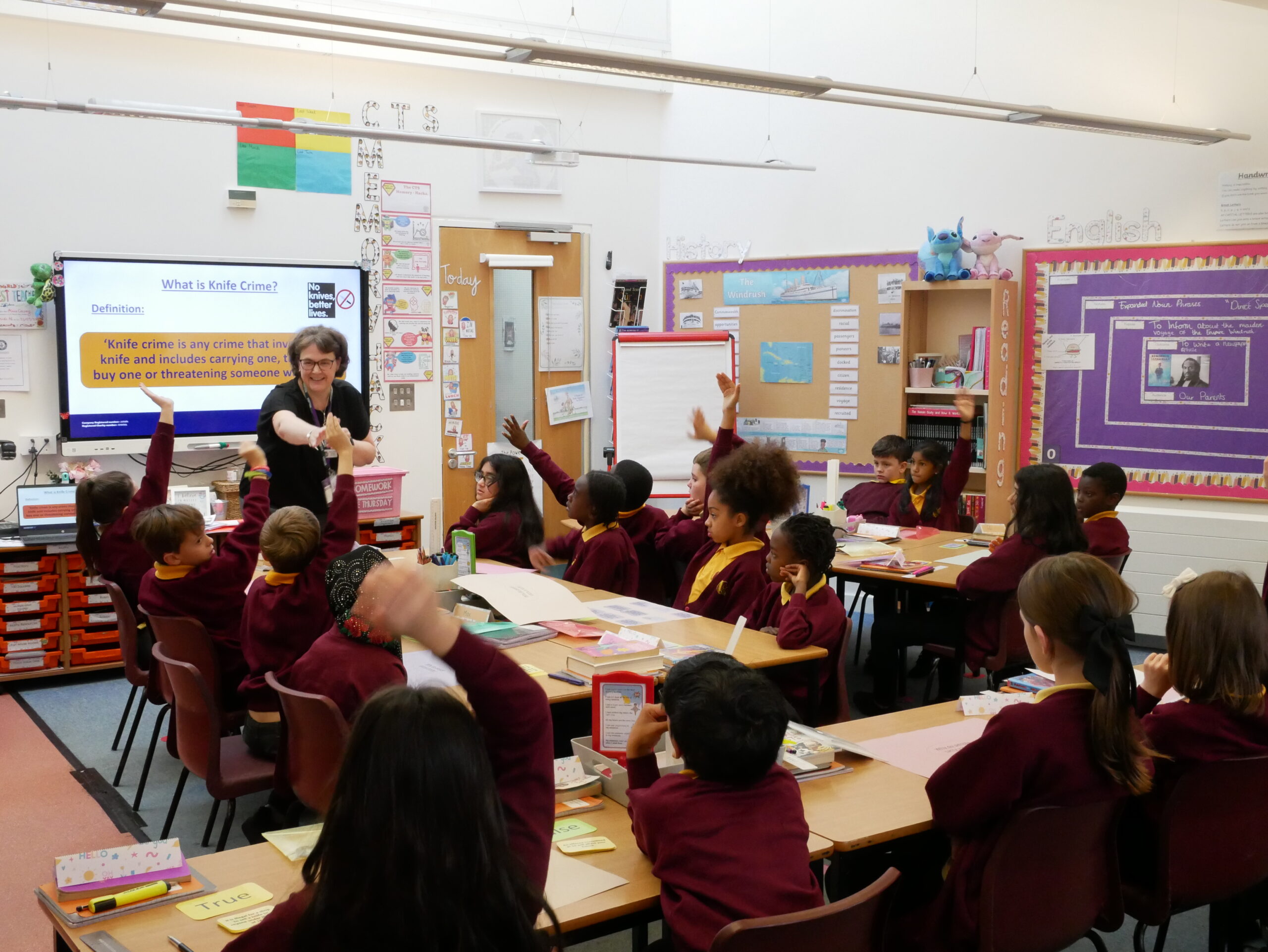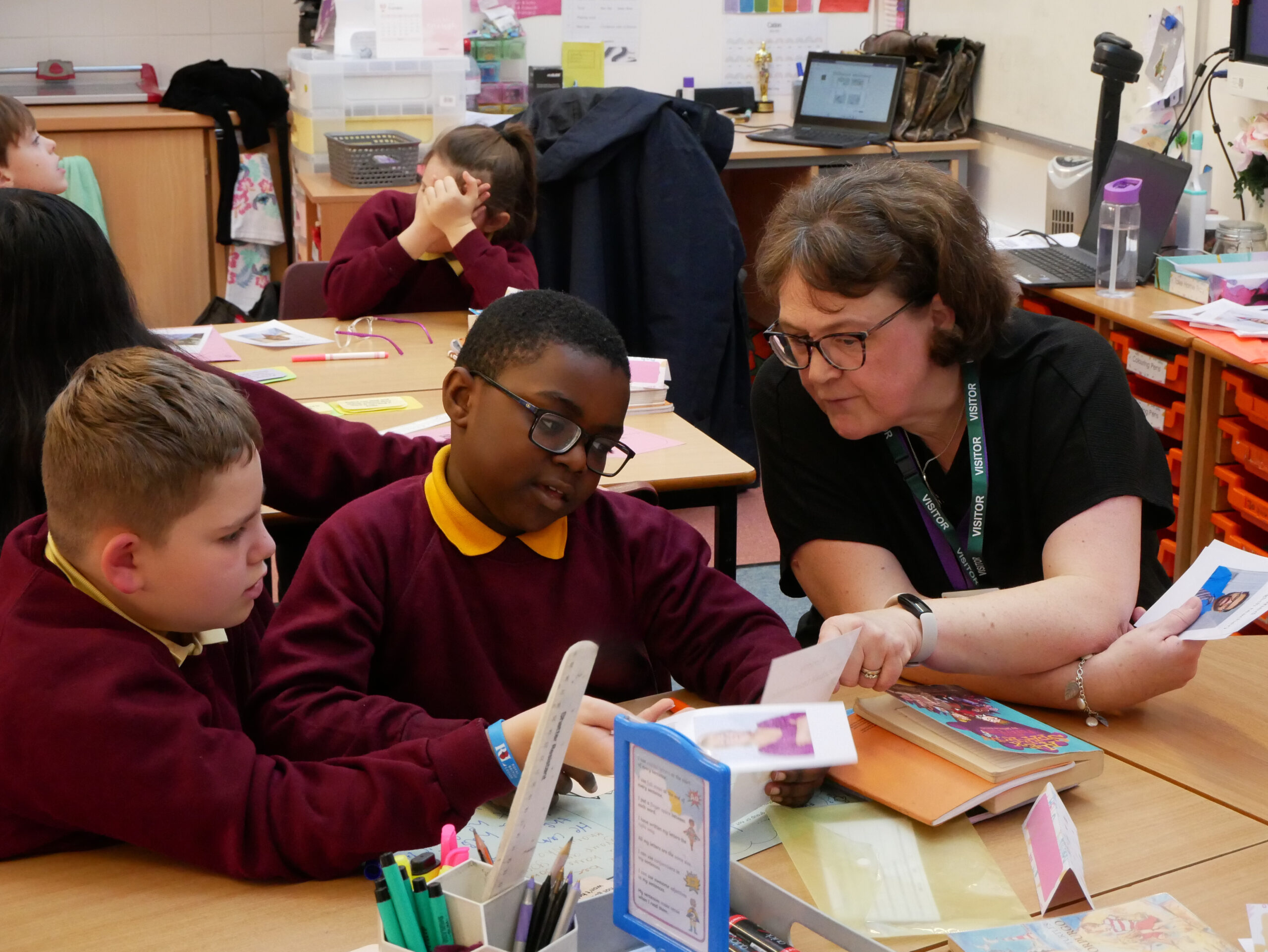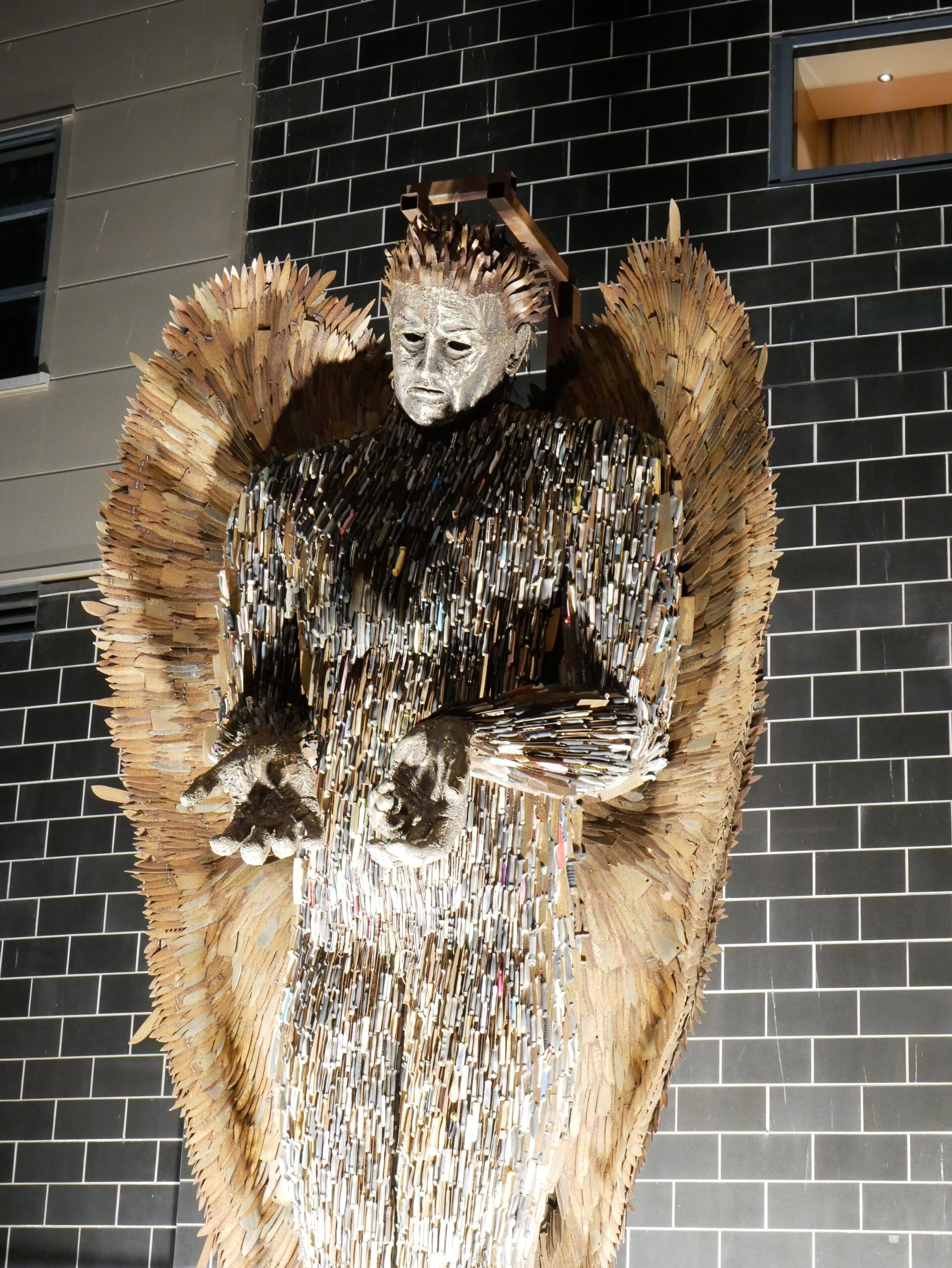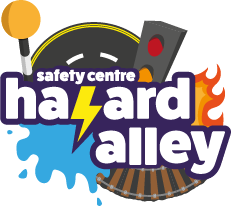Knife Crime Awareness Week
The 20th-26th May marks Knife Crime Awareness Week. We’re reminded of the horrific impact of knife crime far too regularly, hearing and seeing the devastating ripple effect knife crime has on families and communities. This is why we discuss early intervention and knife crime prevention with children aged 9 upwards to empower and educate them about knife crime. Our tailored, age-appropriate workshops are designed to help children understand the consequences of their choices, the impacts of their decisions and who they can talk to if they need help. Sessions are delivered in schools across the South East and at our education centre Hazard Alley.

Knife Crime- The Facts
Latest statistics by the Office for National Statistics (ONS) show that teenagers are over twice as likely to get stabbed compared to 10 years ago. On top of this, 82% of homicides with teenage victims have involved a knife or sharp instrument. This statistic accounts for 41% of all homicide victims. Knife Crime Awareness Week helps raise the public’s understanding about this critical issue impacting young people.
Research by ONS has also shown that knife crime offences have increased in the year of December 2023 by 7% in comparison to the previous year. Out of the recorded cases for 2023, a majority involved assault with the intent to cause harm, robbery and threats to kill. 78 young people under the age of 25 were murdered with a knife or sharp object in the 12 months to March 2023. 10 were under 16 years old. This is why lifesaving conversations have to start early, and we continue this work with young people across the South East and beyond.

How Knife Crime Is Defined
Knife crime refers to any offence that involves a knife or sharp object that could potentially be used to cause harm to another individual. As knife crime includes a variety of different offences, it can have different penalties depending on other aspects of the crime.
Current UK laws have made it an offence to use any knife or weapon in a threatening way. It is also illegal to sell most knives or weapons to anyone under the age of 18 as well as to hire knives or other offensive weapons such as swords, knuckledusters and blowpipes. Under the Offensive Weapons Act 2019, it is illegal for adults to possess such weapons unless they are of historical importance, possessed on behalf of a museum or gallery, possession due to religious reasons or for activities such as sports, film and theatre or historical re-enactments. Under this law the maximum penalty for carrying a dangerous weapon is four years and an unlimited fine. However, if for example the knife was used with the intent of causing bodily harm, the sentence may vary.
Sentencing statistics by the Ministry of Justice shows that in the year ending March 2023, almost 18% of convictions for possession of a knife or offensive weapon were committed by young people (aged 10-17). 56% of these young people had their cases closed and were given community service.
Why Do People Carry Knives
The College of Policing state that the reasons why people carry knives can be broadly explained by one of three reasons. These are outlined as:
- Self-protection and fear
- Self-presentation
- To assist in other crimes (utility)
Self-Protection And Fear
People carry knives in case they encounter violence and need to defend themselves. However, if someone is in a potentially violent situation, this can cause more harm as the presence of a weapon may unintentionally escalate matters. Others may view people who carry weapons as threatening, increasing the risk of them getting hurt either by other people or by someone using their own weapon against them. We break this common misconception that knives keep you safe in our early intervention and prevention knife crime education workshops. Highlighting to young people that if you carry a knife its more likely to be used against you.
Self-Presentation
People carry knives in hopes that they will gain respect or street credibility from others for doing so. This can also include situations where an individual is in an environment where it is standard for people to carry a knife and they may feel the pressure to conform to that expectation. We talk about these pressures and where young people can go to for support if they are worried about knife crime.
Utility
Knives are also carried for utility purposes where individuals will use the weapon to commit other crimes such as theft and assault. Unfortunately, this is one of the most common reasons why people carry knives, with over 40% of knife involved cases in the year ending December 2023 having been for assault with injury and the intent to cause harm.
Early Intervention Prevention Education
As the data shows, young people are disproportionately affected by knife crime. That’s why our early intervention knife crime education is so vital. Here at the Safety Centre, we empower young people with the tools to keep themselves, their communities and their futures safe.
Following on from the horrific deaths of Ahmednur Nurr aged 16- brutally stabbed outside MK College, Dom Ansah and Ben Gillham-Rice both 17, killed with machetes at a house party and Jay Fathers 18 fatally stabbed at a New Years party, we developed a new safety education programme in 2021, responding to the need in our community to protect the futures of potential victims and perpetrators of knife crime.
Since 2021 we’ve educated over 14,500 children across primary and secondary schools across the South East. We were the lead education partner when the Knife Angel visited the Thames Valley working in partnership with Thames Valley Police and MK City Council, educating 3,500 children in our region.

How The Safety Centre Can Help
We encourage primary and secondary schools to contact us to book early intervention knife crime education workshops for their students from year 5 upwards now. Speak to the education team to find out more about the sessions and the benefits of welcoming external providers into school to deliver on this essential, complex topic, call 01908 263009 or email educationteam@safetycentre.co.uk. We are also running free virtual parent and carer workshops and encourage adults to join us to learn how to support their young people about knife crime.
Book your next Hazard Alley tour with knife crime workshop here
